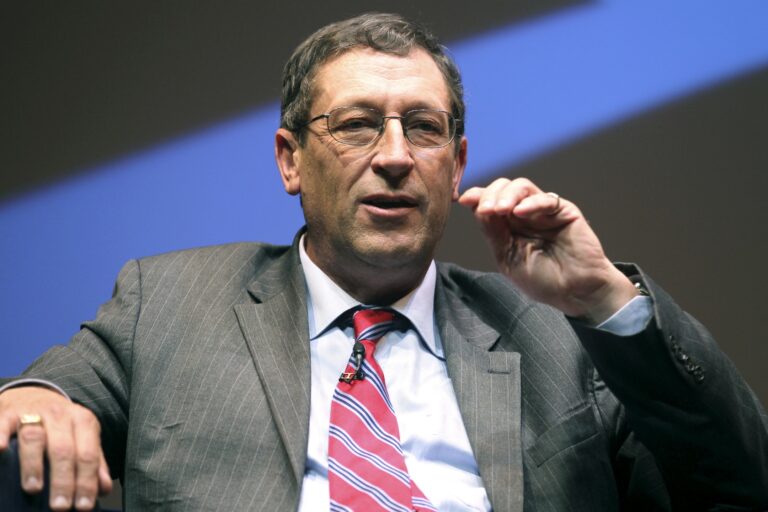In the world of economics, certain names resonate due to their significant contributions to the field. Danny Blanchflower, Economist, is one such figure whose work has extensively influenced both academic thought and practical policy-making. This article delves into the career, theories, and lasting impact of Danny Blanchflower, Economist, providing insights into his approach and the relevance of his research in today’s economic landscape.
Early Life and Education
Born in the United Kingdom, Danny Blanchflower, Economist, embarked on his academic journey at a young age, showing early signs of his interest in economic patterns and labor markets. He pursued his higher education with a focus on economics, which set the foundation for his influential career.
Career Highlights
Danny Blanchflower, Economist, is best known for his tenure as a member of the Bank of England’s Monetary Policy Committee (MPC). His role in the MPC was pivotal during the global financial crisis of 2008. Danny Blanchflower, Economist, advocated for lower interest rates and was a voice for proactive measures to mitigate the economic downturn.
His academic career is equally notable. Having taught at prestigious institutions such as Dartmouth College, Danny Blanchflower, Economist, has influenced many through his teachings and research. His work primarily focuses on labor economics, happiness economics, and the relationship between well-being and economic health.
Key Theories and Contributions
- The Wage Curve: One of Danny Blanchflower, Economist’s most significant contributions is his research on the wage curve. He co-authored a book that presents the inverse relationship between wages and unemployment, a theory that has been influential in labor economics.
- Happiness Economics: Danny Blanchflower, Economist, has also delved into the economics of happiness, exploring how economic policies affect individual well-being. His research suggests that economic growth must be balanced with policies that enhance personal satisfaction and happiness.
- Policy Recommendations during Crises: Throughout his career, Danny Blanchflower, Economist, has made several key policy recommendations, particularly during economic crises. His advocacy for lower interest rates and increased quantitative easing has sparked much debate and discussion among policymakers and academics alike.
Also read Here: Justin Billingsley
Impact on Modern Economics
The work of Danny Blanchflower, Economist, extends beyond academic circles and has practical implications for economic policy worldwide. His insights into labor markets and economic policies have helped shape responses to economic crises, influencing both economic theory and practice.
FAQs about Danny Blanchflower, Economist
Q1: What is Danny Blanchflower, Economist’s most notable theory?
A1: Danny Blanchflower, Economist, is renowned for his work on the wage curve, which demonstrates the inverse relationship between wages and unemployment levels.
Q2: How has Danny Blanchflower, Economist contributed to understanding economic crises?
A2: During his tenure on the Bank of England’s Monetary Policy Committee, Danny Blanchflower, Economist, was a proponent of lowering interest rates and implementing quantitative easing to combat economic downturns.
Q3: What role does happiness play in the economic theories of Danny Blanchflower, Economist?
A3: Danny Blanchflower, Economist, incorporates the concept of happiness into his economic analyses, suggesting that true economic success should also enhance individual well-being and happiness.
Q4: How has Danny Blanchflower, Economist’s work been received in academic circles?
A4: His work is highly respected and has sparked considerable discussion and further research, particularly his theories on the wage curve and the economics of happiness.
Conclusion
Danny Blanchflower, Economist, remains a pivotal figure in economics, whose work continues to influence both theoretical and practical aspects of the field. His unique approach to incorporating well-being into economic analysis offers a broader perspective on what it means to achieve economic success and stability.


